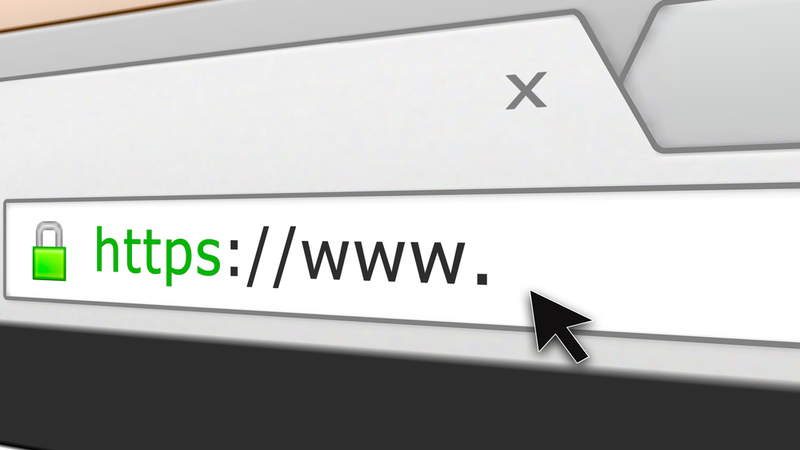From time to time, your web browser software will require an update to implement new features, or to protect you from new security vulnerabilities. If you’re currently using a Windows PC and have never installed a new web browser since buying your computer, then the likelihood is that you’re using Microsoft’s Internet Explorer browser software. And if you are indeed using Internet Explorer, or IE for short, then it’s time to update your software, to protect yourself against a potential new security vulnerability.
More about the vulnerability
Microsoft has now begun urging its millions of Internet Explorer users to update to the newest version available, after the company discovered a serious security flaw. This news came hot on the back of an investigation done by a Google security engineer, which turned up a memory-corruption problem within the browser software. This problem with the browser was being used by hackers for malicious purposes.
By executing some nefarious code, hackers would be able to gain access to and take over a computer running an outdated and affected version of Internet Explorer. So, Microsoft released an emergency security patch to remedy the problem, which is what you’ll need to download if you want to be protected against this flaw.
Known officially as ‘CVE-2018-8653’, the security flaw affects versions 9, 10 and 11 of Internet Explorer. The security firm that found the exploit explained how it was being utilised in targeted attacks. However, they didn’t provide any exact figures on how many people might have already been affected by the hack.
On its website, Microsoft explained how “A remote code execution vulnerability exists in the way that the scripting engine handles objects in memory in Internet Explorer”, and that “The vulnerability could corrupt memory in such a way that an attacker could execute arbitrary code in the context of the current user. An attacker who successfully exploited the vulnerability could gain the same user rights as the current user.”
The risk to you
The good news is that for the hack to even work, a user with a compromised browser would have to visit a malicious website first. This might be achieved by sending a nefarious email to a user, encouraging them to click on a link to the website from within the body of the email. So, while the browser is exposed until updated, you won’t be at risk unless you’ve visited such a website.
That said, we always advocate updating to the latest versions of Windows and its associated software, to ensure that you’re always fully up to date with the most important and relevant security updates. This ensures that you’re protected against newly-discovered attacks or vulnerabilities whenever they’re found by researchers, who are employed to continually try to uncover security flaws.
Alternatively, try a new browser
Many people consider Internet Explorer to be one of the less-secure browsers, and it’s also more prone to being bloated by unnecessary plugins and toolbars. However, there are other options to help you avoid a sluggish web browsing experience.
Novice computer users with less experience online are not always aware that Internet Explorer is not your only option. There are several other internet browsers that you can use instead of the default software that Microsoft installs on your machine out-of-the-box. Some of the most popular options include Google Chrome, owned by the internet search giant, plus Mozilla Firefox and Opera.
Installing a new web browser is a straightforward task, though if you’ve racked up years’ worth of use on Internet Explorer, then you might have a wealth of bookmarks and favourites stored in your toolbars. To help you port these across to another browser, you can speak to a one of our helpful agents at WiseGuys. We are a Which? Trusted Trader and can help you solve all your software or hardware issues. Give us a call on 0808 123 2820.



Recent Comments